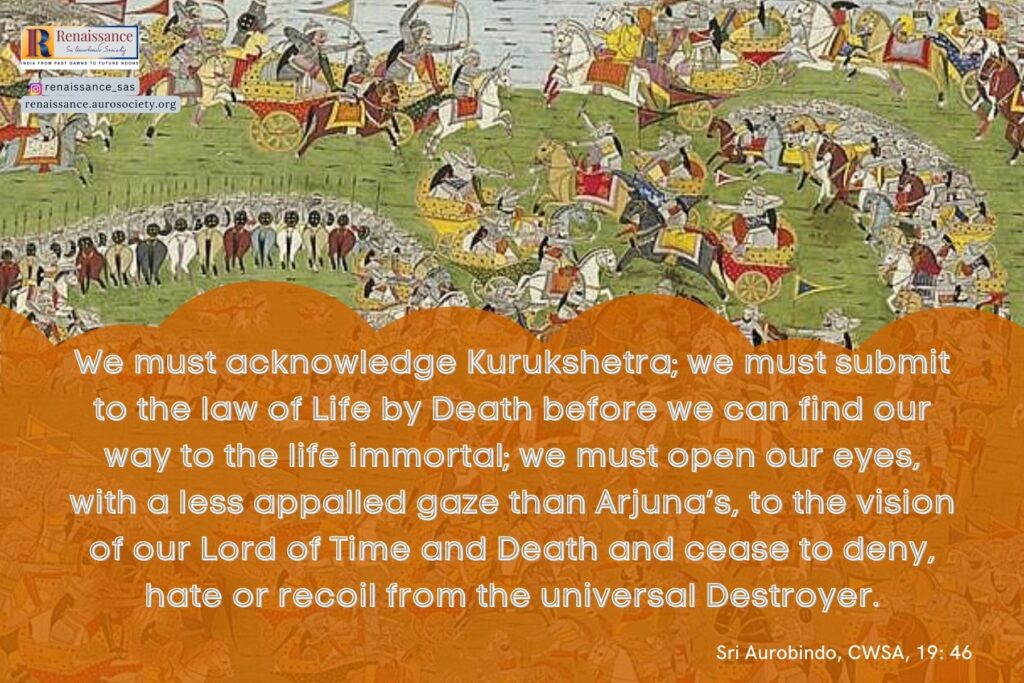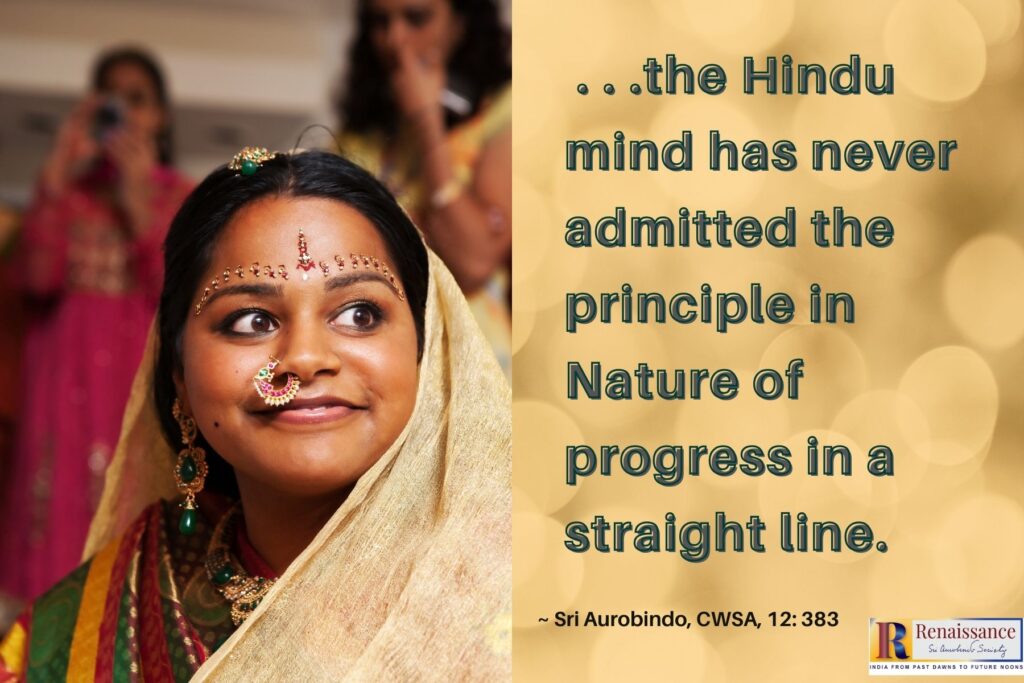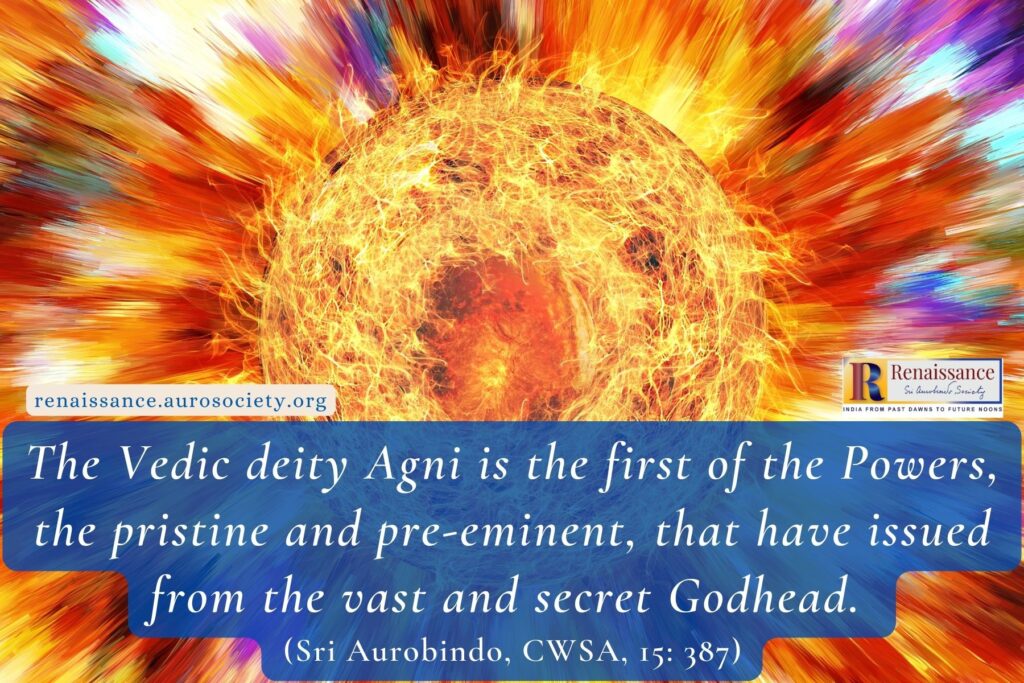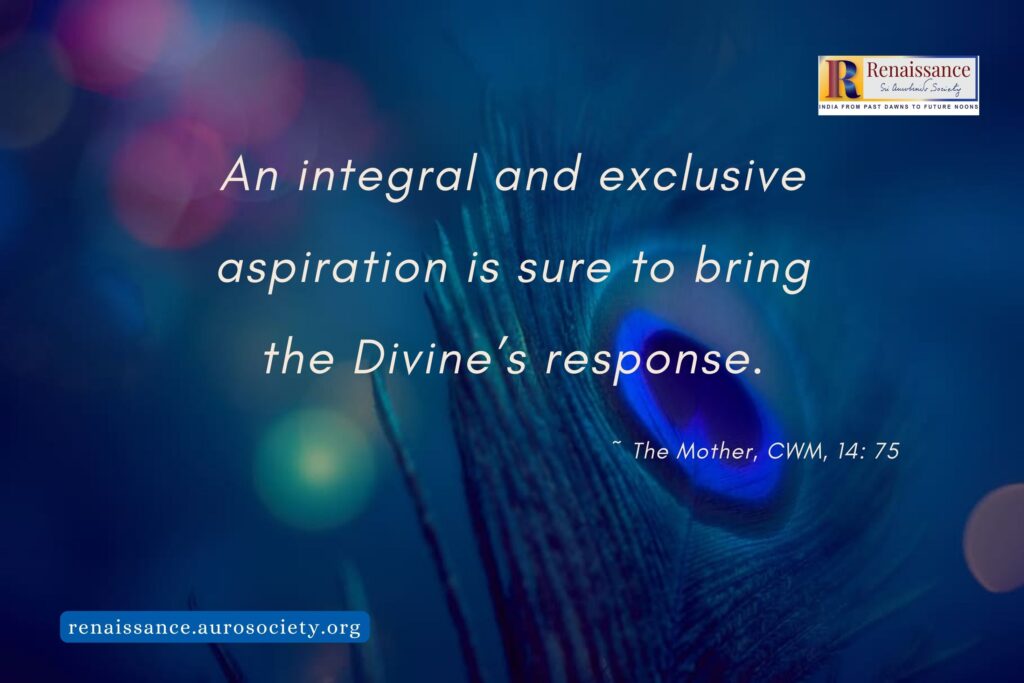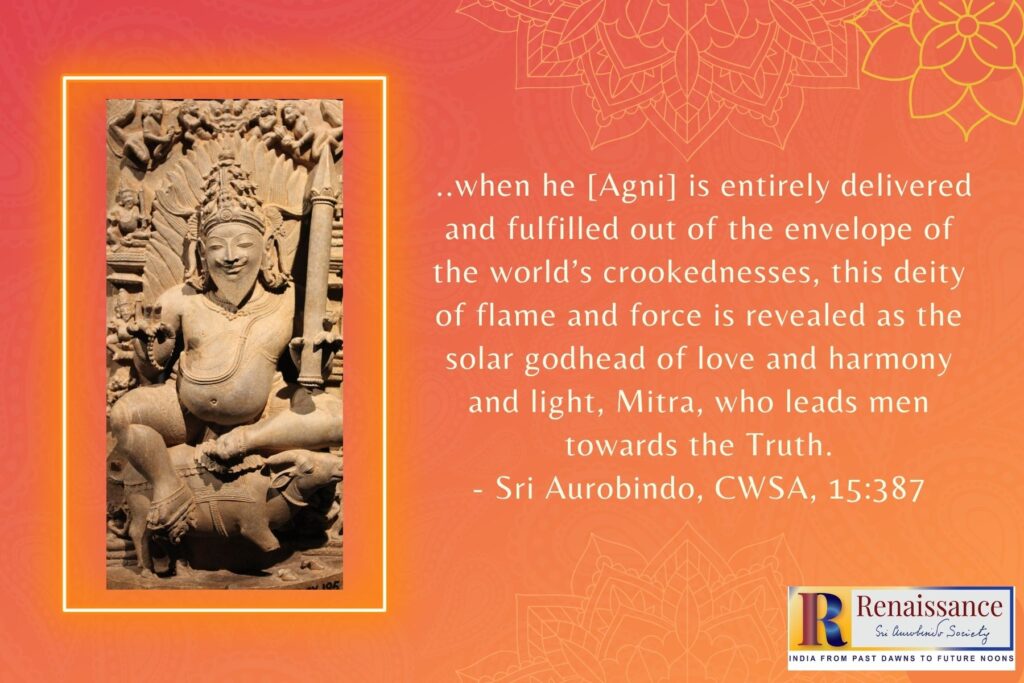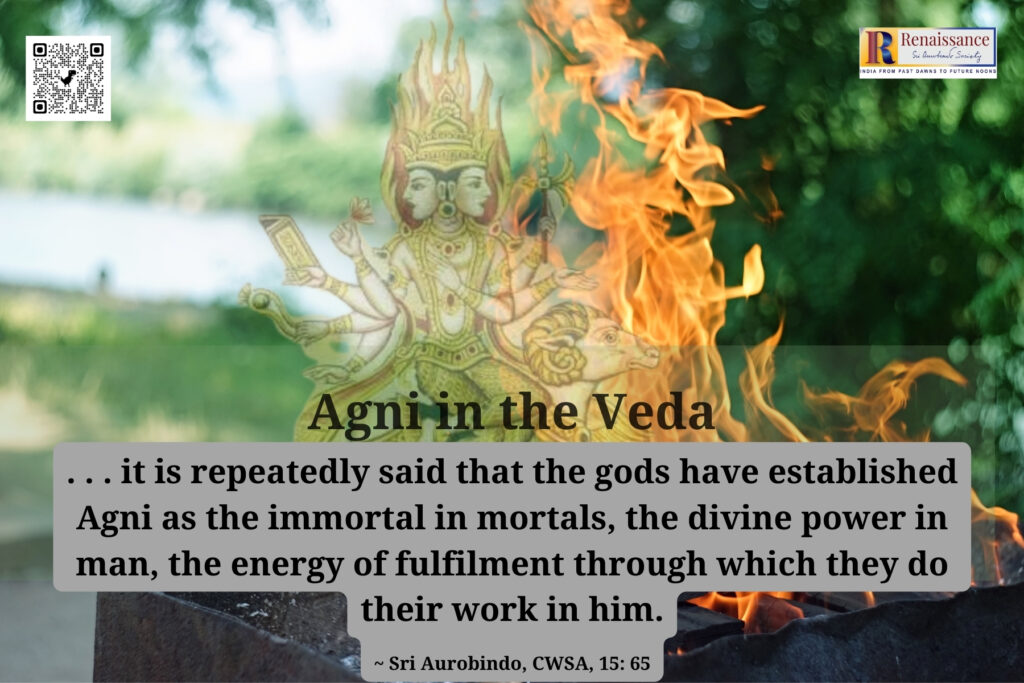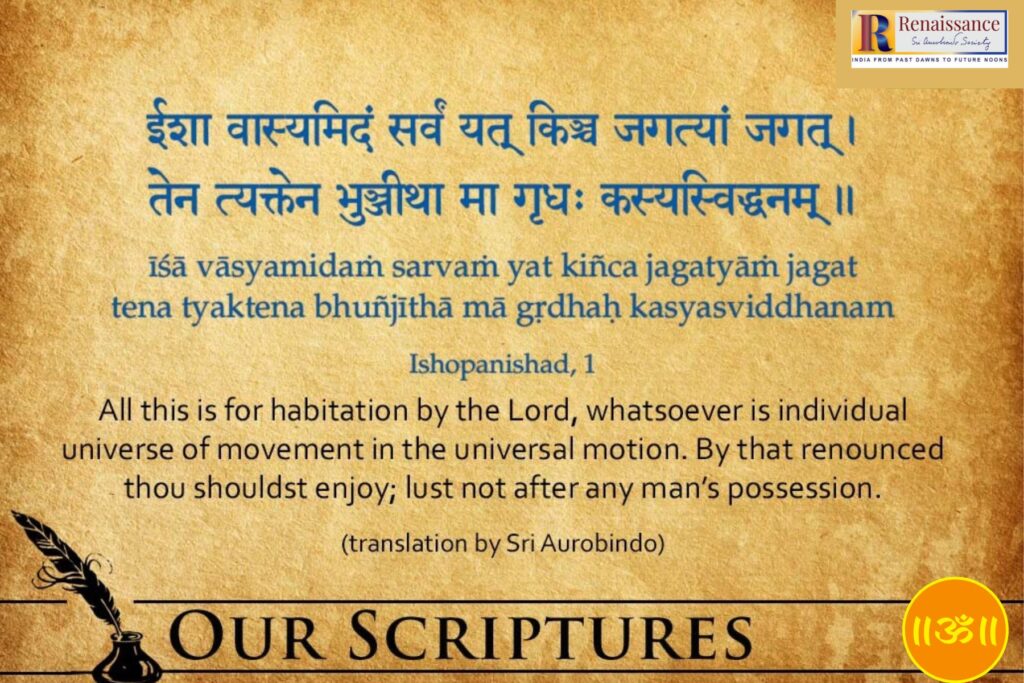Sri Aurobindo on Yoga and Skill in Works
Sri Aurobindo gives us a profound understanding of one of the most popularly quoted phrases from the Bhagavad Gita – योगः कर्मसु कौशलम् or “Yoga is skill in works.” A special offering on International Day of Yoga.
Sri Aurobindo on Yoga and Skill in Works Read More »


